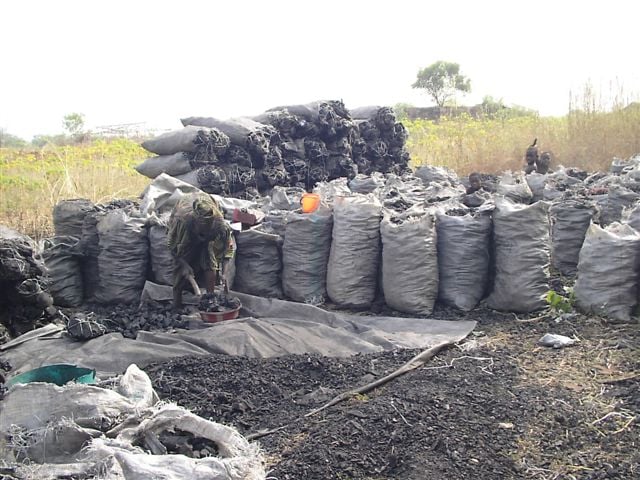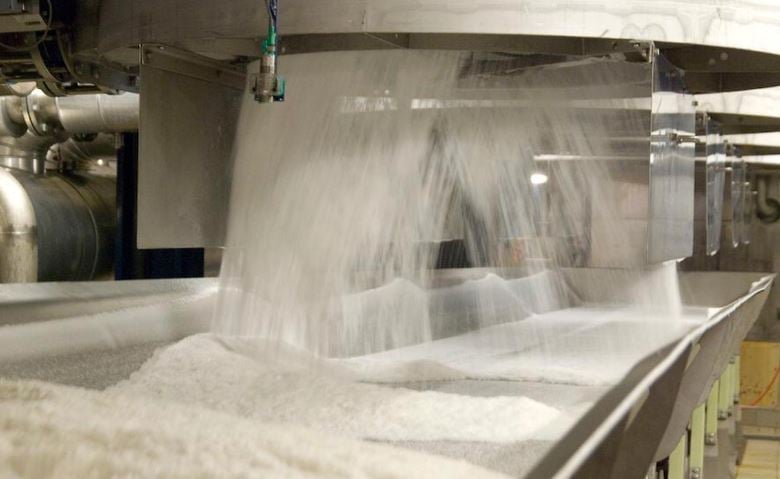Peter Minang, an environmentalist, says for Nigeria to limit the felling of forest trees for charcoal production, it needs to encourage the use of efficient cooking stoves — stoves that require less wood but produces enough heat for cooking.
Minang said this on Thursday during the third session of a dryland fellowship thematic training organised for fellows by Climate Tracker, an international non-profit organisation promoting climate journalism globally.
He said for Nigeria to address the farmer-herder clashes, it needs to improve grazing land and tree fodder in order to increase livestock nutrition all year round.
“Efficient cooking stoves put in place would reduce the demand for wood extraction from the forests. Develop a wood programme and help people get out of poverty, he said.
Advertisement
“Adopt improved farming methods and install water harvesting technologies that can be managed on a small scale. This will improve land ability to hold water for plant growth,”
The principal scientist with the World Agroforestry Centre (ICRAF) said Africa is among continents mostly affected by land degradation and that about 500 million hectares of African land have been degraded.
He said land degradation is mainly caused by intense land use, and that subsequently if land degradation is not checked, it could lead to desertification.
Advertisement
“Desertification affects around 45 % of Africa’s land area; 55% of these areas are at high or very high risk of further degradation, while Africa loses at least 56 billion Euros annually,” he said.
He named other causes of land degradation to include agricultural activities; demographic factors; infrastructure extension; economic factors; policy and institutional factors; wood extraction and related activities; technological factors; as well as cultural factors among others.
However, he said factors such as growing population, poverty, and poor governance are indirect causes of land degradation.
Also speaking, Salima Mahamoudou, a research associate at World Resources Institute (WRI), said some under-reported environmental impact of land degradation is the disappearance of the practice of fallow, the growing development of agricultural fields on pastoral lands and protected areas as well as flooding in urban areas.
Advertisement
Jonathan Davies, coordinator of the Global Drylands Initiative as well as the Global Agriculture Programme Lead at the International Union for Conservation of Nature (IUCN), said dryland expansion affects about one-third of the world’s planet.
He said the restoration of dryland is pertinent because it has caused a decline in the biological and economic productivity of land soil biodiversity.
The fellowship workshop had in attendance about 50 journalists across 23 African countries who have the mandate to report on the forthcoming Global Landscape Forum (GLF) conference, with a major focus on dryland restoration challenges as it affects their respective countries.
Advertisement






